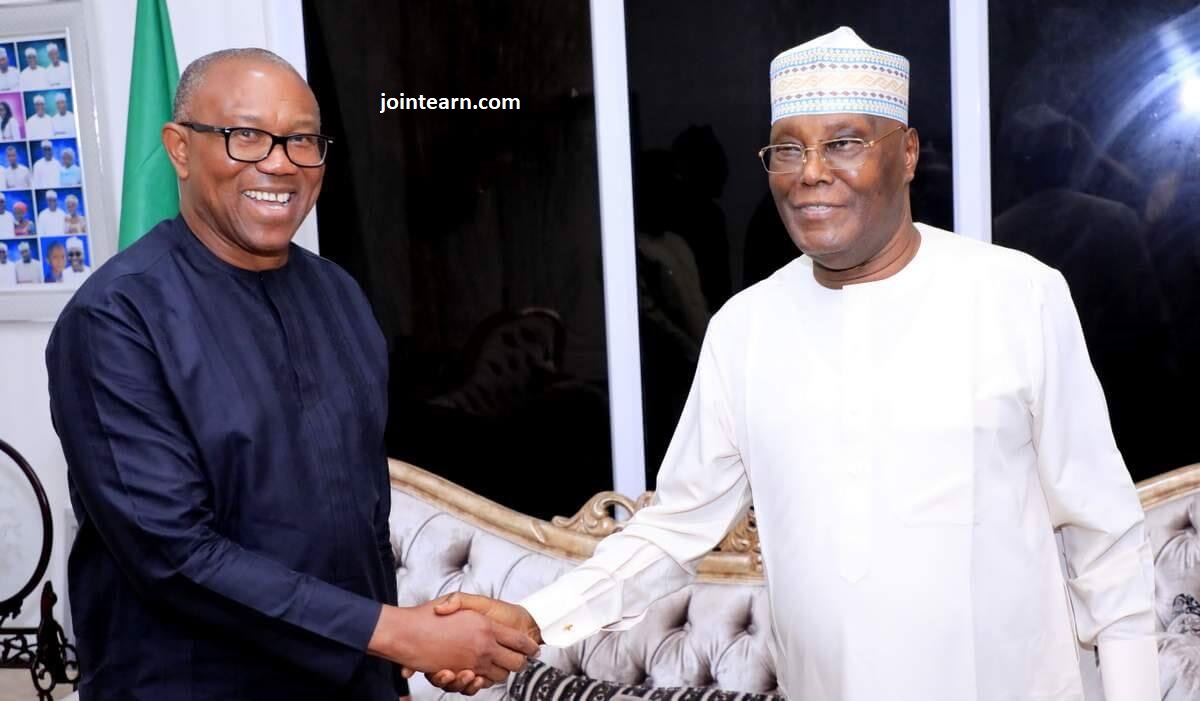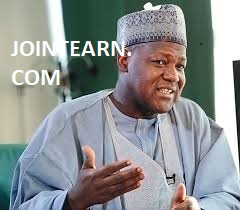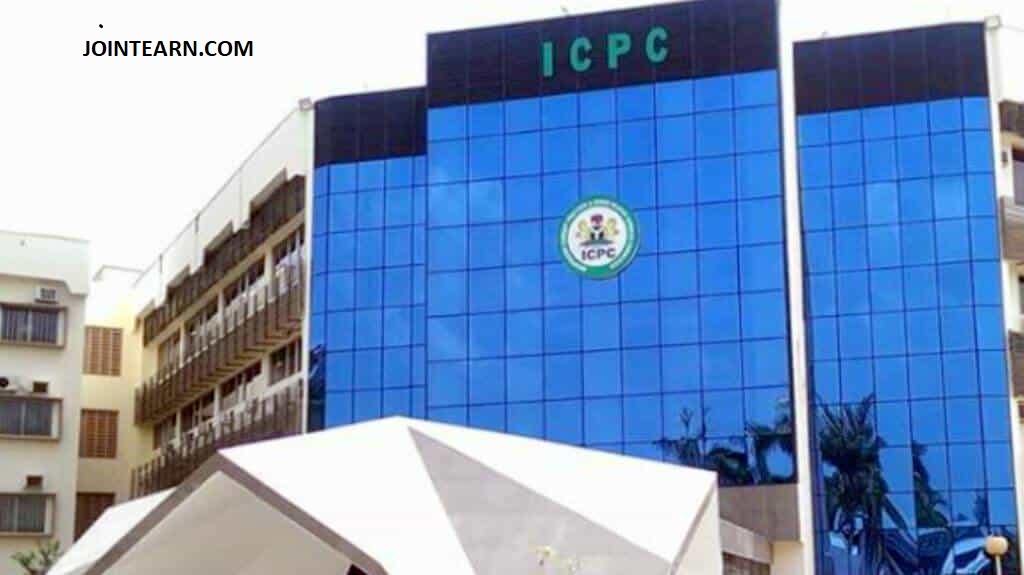In the lead-up to the 2027 Nigerian presidential election, the political landscape is witnessing significant shifts as two key opposition leaders, Atiku Abubakar of the People’s Democratic Party (PDP) and Peter Obi of the Labour Party (LP), are reportedly exploring the possibility of forming an alliance to challenge the ruling All Progressives Congress (APC) and its candidate, President Bola Tinubu. This potential alliance is seen as a strategic move to consolidate opposition forces and mount a formidable challenge against the incumbent in the next election.
A New Political Collaboration?
The news of Atiku Abubakar and Peter Obi discussing an alliance has garnered considerable attention from political observers and analysts alike. Both politicians are no strangers to the Nigerian political scene, with Atiku having contested for the presidency multiple times and Obi emerging as a significant figure in the 2023 election. Atiku, a seasoned politician, is known for his long-standing leadership within the PDP, while Obi, a former governor of Anambra State, captivated the nation with his youth-oriented, anti-corruption message during his 2023 presidential bid.
Atiku and Obi’s discussions are said to center on the possibility of uniting their political bases to create a strong opposition front that could challenge Tinubu’s re-election bid in 2027. Their previous run-ins with Tinubu and the APC in the 2023 election have made the two leaders even more determined to find common ground, given the significant political divide and dissatisfaction with the current administration among many Nigerians.
Why an Alliance?
The primary motivation for this potential alliance lies in the political dynamics that emerged from the 2023 election. Atiku Abubakar, the PDP’s candidate, lost the presidential race to Bola Tinubu in a highly contentious election that was marked by allegations of electoral malpractice and a lack of transparency. Similarly, Peter Obi, though not a major contender in terms of vote share, managed to galvanize a sizable support base, particularly among Nigeria’s youth, thanks to his campaign’s focus on corruption, good governance, and the promise of a new Nigeria.
Both Atiku and Obi are aware that the division of votes in the 2023 election was a significant factor in their respective defeats. The PDP, although a dominant political party in Nigeria, has faced internal fragmentation and waning public support, particularly in the face of the APC’s dominance. Obi’s Labour Party, on the other hand, managed to secure a notable portion of the electorate, especially from young Nigerians disillusioned with the two major parties. Together, they could potentially form a more unified and formidable opposition.
A successful alliance between the two would combine the experience and political machinery of Atiku with the fresh, reformist appeal of Obi. Furthermore, by joining forces, they would be able to better compete with the APC’s stronghold in the southwest and other key regions where Tinubu holds significant influence.
Building a Broad-Based Coalition
A potential alliance between Atiku and Obi would require not just mutual understanding but also careful coalition-building. Both leaders represent different political constituencies, and striking a balance between their supporters could prove challenging. While Atiku enjoys considerable influence within the northern regions, Obi’s popularity is particularly strong in the southeastern and southern regions, especially among young voters and those frustrated with the status quo.
For their alliance to succeed, it would be crucial for them to address the concerns and aspirations of various political and ethnic groups across the country. Moreover, navigating internal PDP dynamics and managing potential dissent within the Labour Party would also be essential for creating a unified front. Atiku’s experience with coalition-building could play a significant role in this, as he has a history of negotiating with diverse political factions to secure electoral success.
Furthermore, the alliance would likely require a shared platform and common policies that both parties could rally behind. This could mean compromises on key issues, but it would also offer the opportunity for a reform-oriented campaign that could appeal to a wide section of the electorate. The prospect of providing Nigerians with an alternative to the APC’s current governance style, which has been criticized for economic mismanagement, insecurity, and poor public services, would undoubtedly give both Atiku and Obi an edge in the 2027 race.
The Challenge of Uniting the Opposition
While the idea of Atiku and Obi joining forces is an intriguing one, there are many hurdles to overcome. A potential alliance would not be without its challenges, particularly in terms of leadership positioning and campaign strategy. Both politicians have established their political identities, and the question of who would lead the ticket in the 2027 election could create friction. Atiku, with his wealth of experience and political clout, might seek the top position, while Obi’s rising popularity among younger Nigerians could make him a formidable contender for the presidential ticket.
Additionally, the political dynamics of coalition-building in Nigeria are often fraught with complexities. Alliances often come with backroom deals, power-sharing arrangements, and compromises on policy positions, all of which could lead to internal discord. The PDP and the Labour Party would need to carefully navigate these complexities to avoid alienating key supporters and allies.
Conclusion: A Pivotal Moment for Nigerian Politics
As Nigeria prepares for the 2027 election cycle, the political scene is on the cusp of significant change. Atiku Abubakar and Peter Obi’s exploration of a potential alliance signals a desire for a new political order that could challenge the dominance of the APC and President Bola Tinubu. However, for this alliance to succeed, the two leaders will need to overcome significant challenges, including reconciling their differences, managing their supporters, and presenting a compelling vision for the future of Nigeria.
Whether this alliance materializes or not, the mere possibility of it has already shaken up the political establishment. It highlights the growing dissatisfaction with the current administration and the readiness of opposition forces to come together and present a strong challenge in the 2027 presidential election. Only time will tell if Atiku and Obi can unite their political factions and emerge as the leading force to challenge Tinubu’s reelection bid.












